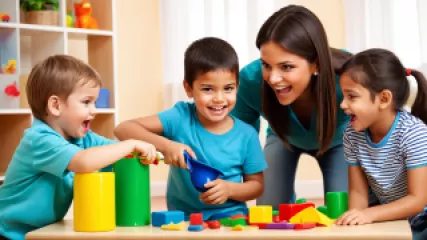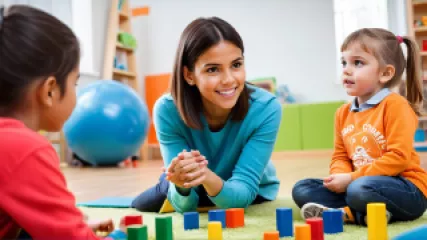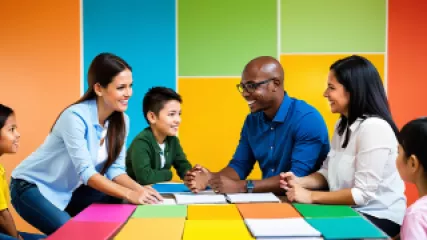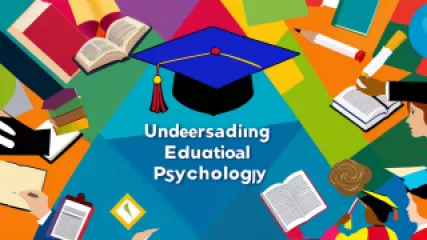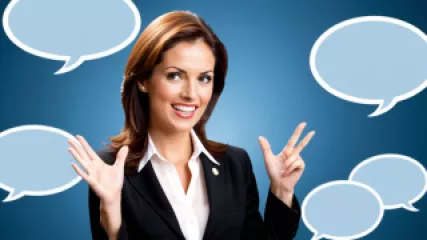The Impact of Communication Skills on Relationships
1 year ago
Communication Skills
Overcoming Health Anxiety Through Online Mental Health Coaching
1 year ago
Health Anxiety
Understanding and Managing Child Behavior: The Ultimate Guide
1 year ago
Child Behavior
Effective Strategies for Managing Peer Competition
1 year ago
Handling Peer Competition
How to Manage Health Anxiety in Virtual Therapy Sessions
1 year ago
Health Anxiety
Insights from a Child Behavior Specialist: Youth Coaching Sessions
1 year ago
Child Behavior
Top 10 Coaching Services for Educational Psychology
1 year ago
Educational Psychology
Overcoming Bullies: My Journey to Finding Mental Health Support
1 year ago
Bullying Prevention
Top 10 Mindful Communication Practices for Self-Care
1 year ago
Mindful Communication
Understanding Educational Psychology: A Step-by-Step Guide
1 year ago
Educational Psychology
Mastering Communication Skills: The Ultimate Guide
1 year ago
Communication Skills
Top 10 Strategies for Effective Communication in Mindfulness
1 year ago
Mindful Communication
Exploring Health Anxiety Through a Book or Movie: Lessons for Mental Health Coaching Services
1 year ago
Health Anxiety
Expert Tips to Improve Verbal Communication in Interviews
1 year ago
Communication Skills



